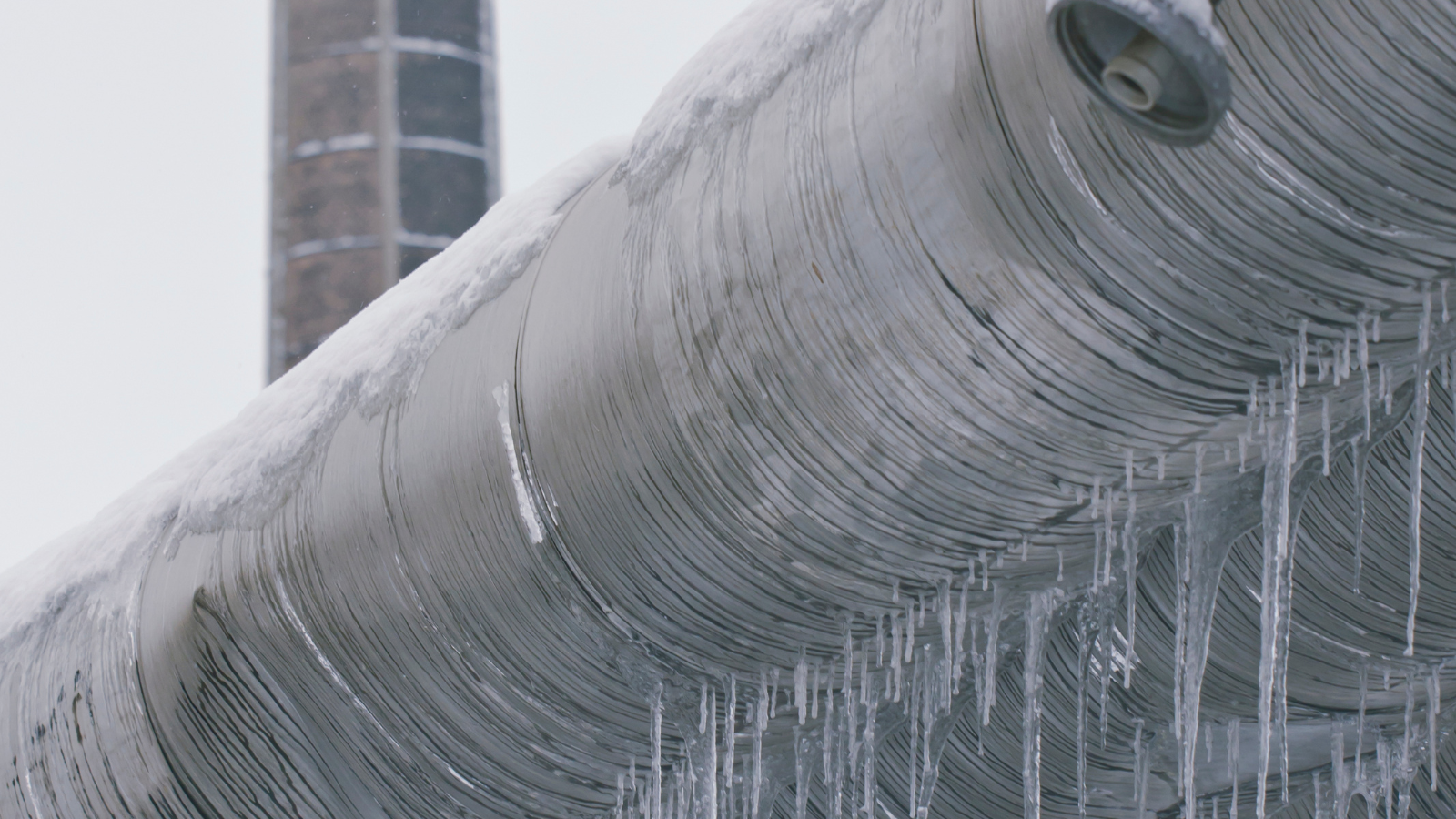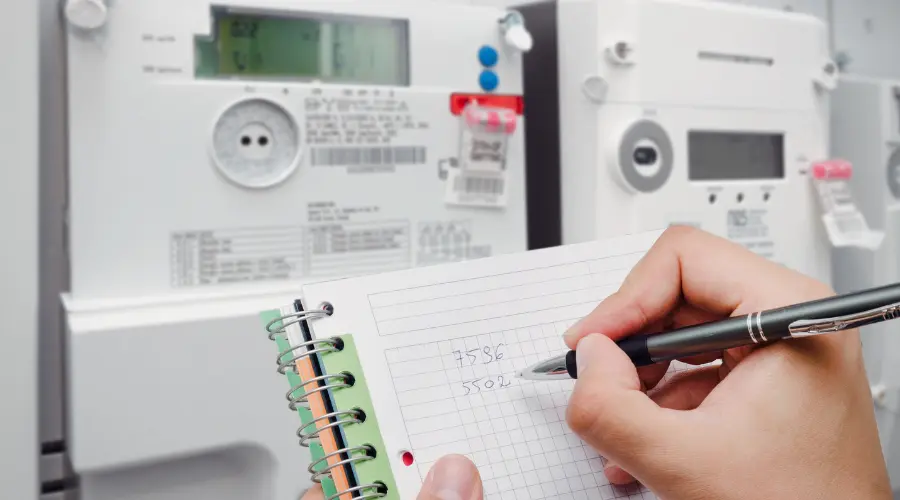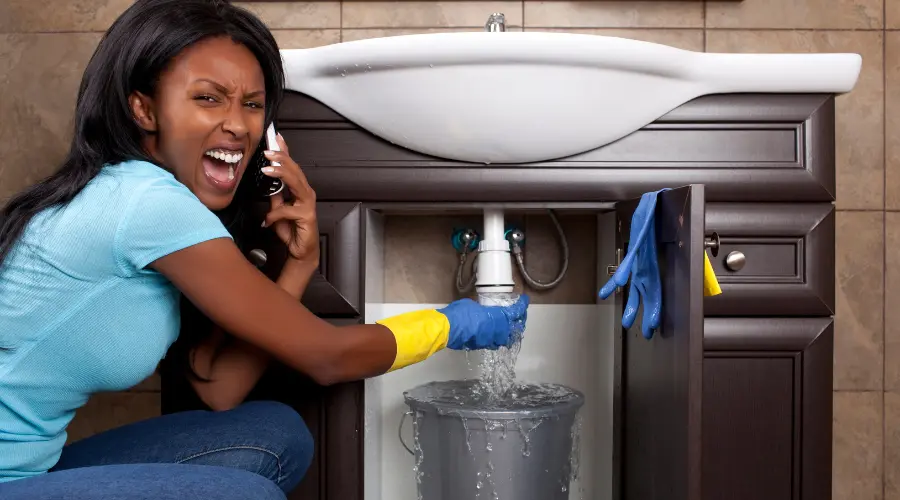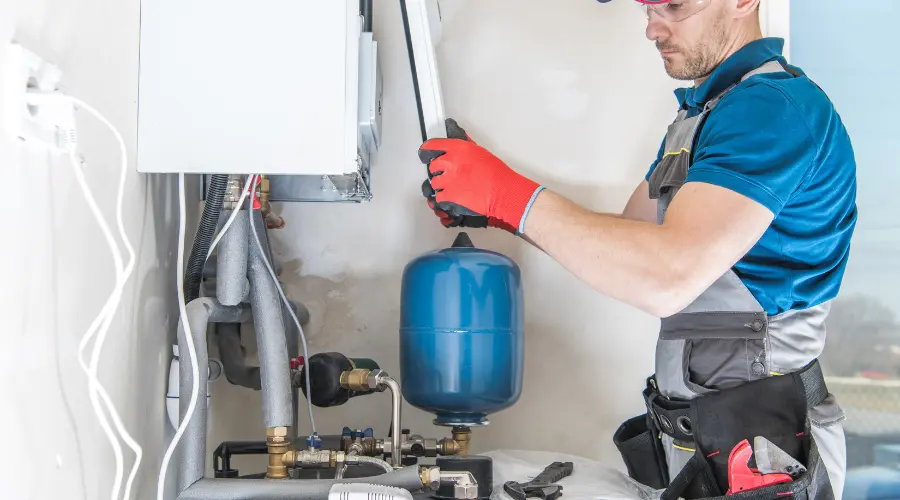Frozen pipes can lead to major property damage, especially during colder months, resulting in expensive repairs. Preventing frozen pipes is essential for protecting your plumbing system and avoiding unnecessary costs. Fortunately, with the right precautions, you can safeguard your pipes throughout the winter.
Key Takeaways:
- Insulate Pipes: Focus on exposed pipes in unheated areas like basements, attics, and garages.
- Maintain Warm Indoor Temperatures: Keep your thermostat steady, even when you’re away.
- Allow Faucets to Drip: A small, continuous water flow helps prevent freezing.
- Seal Leaks: Close gaps around pipes to minimize cold air infiltration.
- Install Heating Cables: Use heat tape or heating cables on vulnerable pipes for added protection.
Why Preventing Frozen Pipes is Important
When water freezes inside pipes, it expands, potentially causing cracks or ruptures. This can disrupt your water supply and cause severe water damage, often leading to repairs costing thousands of dollars. Preventing frozen pipes is essential to avoid these inconveniences and protect your home from costly damage.
For all your plumbing needs, savvy homeowners in West New York, New Jersey, and nearby areas trust West New York Plumber! From fixing a leaky faucet to handling major plumbing projects, no job is too challenging for our team of highly skilled and trained professional plumbers.
Why Do Pipes Freeze in Winter?
Pipes freeze when exposed to cold air, especially in areas without adequate insulation. Maintaining a consistent indoor temperature and ensuring pipes are properly insulated are critical in preventing this issue. The goal is to keep cold air away from your plumbing while keeping water flowing through the pipes.
5 Tips to Prevent Frozen Pipes
1. Insulate Pipes:
Insulating pipes in unheated spaces like attics, garages, and crawl spaces is one of the most effective ways to prevent freezing. You can use pipe wraps, foam insulation, or heat tape for added protection.
2. Keep the Heat On:
If you’re away from home, don’t turn the heat off entirely. Keep the thermostat set to at least 55°F (13°C) to maintain warmth and prevent your pipes from freezing.
3. Seal Leaks and Drafts:
Cold air can sneak through cracks or gaps around windows, doors, and pipes. Use caulking or weather stripping to seal leaks, especially around areas where pipes pass through walls.
4. Let Faucets Drip:
A slow drip from faucets helps relieve pressure inside the pipes and keeps water moving, reducing the risk of freezing.
5. Open Cabinet Doors:
If you have plumbing under sinks or inside cabinets, keep the cabinet doors open to allow warm air to circulate around the pipes.
Get your heating system ready for the season! Discover essential radiator maintenance tips to ensure efficiency and comfort in your home
How to Safely Thaw Frozen Pipes
If you want to prevent frozen pipes, act quickly but carefully. Turn off the water supply to avoid flooding if the pipe bursts. Gradually apply heat using a hairdryer or space heater to thaw the pipe, starting at the faucet and working your way back. Avoid using an open flame, as it presents a serious fire hazard.
Long-Term Solutions for Preventing Frozen Pipes
For more permanent protection against frozen pipes:
- Pipe Insulation: Install foam or fiberglass insulation around exposed pipes.
- Heating Cables: Wrap pipes with thermostatically controlled heating cables to provide constant warmth.
- Relocate Pipes: If possible, move pipes away from exterior walls or unheated areas.
- Frost-Proof Spigots: Exterior faucets are prone to freezing, so consider replacing them with frost-proof spigots.
Conclusion
Preventing frozen pipes is key to avoiding significant damage and costly repairs. Simple precautions—like insulating pipes, sealing drafts, and maintaining steady indoor temperatures—can dramatically reduce the risk. Additionally, knowing how to thaw frozen pipes safely can help minimize damage if a freeze occurs. For long-term protection, invest in solutions like pipe insulation and frost-proof spigots, ensuring your plumbing stays safe all winter long.




